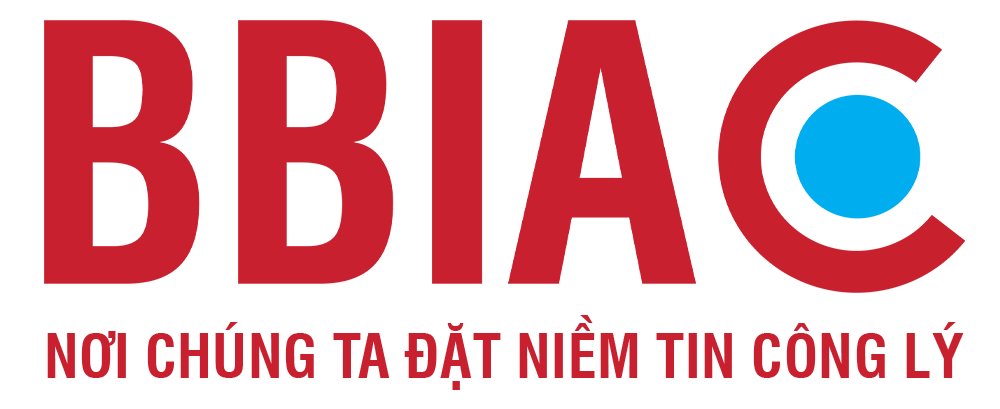ĐỀ ÁN GIẢI QUYẾT TRANH CHẤP VỀ SỞ HỮU TRÍ TUỆ BẰNG TRỌNG TÀI

In the era of globalization and the booming knowledge-based economy, intellectual property (IP) has transcended its traditional role to become a foundational element that drives creativity, technological innovation, and enhances the competitiveness of business entities in the market. Particularly, with the rapid development of digital technology and the strong trend of digital transformation, the economic and strategic value of intellectual assets—from patents, trademarks, and copyrights to software and trade secrets—has been increasingly affirmed. However, alongside this growth comes an increasing risk of rights infringement, unauthorized exploitation, and unfair competitive practices, leading to a surge in IP-related disputes at both national and international levels.
In this context, establishing and improving mechanisms for the protection of IP rights has become an urgent necessity. In Vietnam, disputes related to intellectual property are primarily resolved through the courts and administrative agencies. However, in practice, the litigation process for these disputes is often prolonged, costly, procedurally complex, and notably lacks confidentiality—a vital factor in many cases involving trade secrets. Meanwhile, commercial arbitration—with its advantages such as procedural flexibility, specialization, high confidentiality, and broad enforceability—is regarded as a modern and suitable method for resolving IP disputes. Nevertheless, in Vietnam, arbitration remains underutilized in this field due to various barriers in terms of awareness, legal framework, and practical implementation.
Originating from practical needs and the urgent demands of the knowledge economy, the project titled “Resolving Intellectual Property Disputes through Arbitration” is carried out to deeply analyze the theoretical foundations, assess the current state of arbitration in resolving IP disputes in Vietnam, and compare it with international experiences in countries with advanced arbitration systems (the United States, the European Union, the United Kingdom, and Singapore). The project aims to propose specific, feasible solutions aligned with Vietnamese law. Beyond enhancing the effectiveness of dispute resolution mechanisms for rights holders, the project also contributes to fostering a transparent business environment, protecting innovation, and aligning with global trends in commercial and IP law.
ĐỀ ÁN GIẢI QUYẾT TRANH CHẤP VỀ SỞ HỮU TRÍ TUỆ BẰNG TRỌNG TÀI VÀ THỰC TRẠNG TẠI VIỆT NAM (2)
Tác giả: ThS. LS Mai Tiến Luật, Ánh Sương
